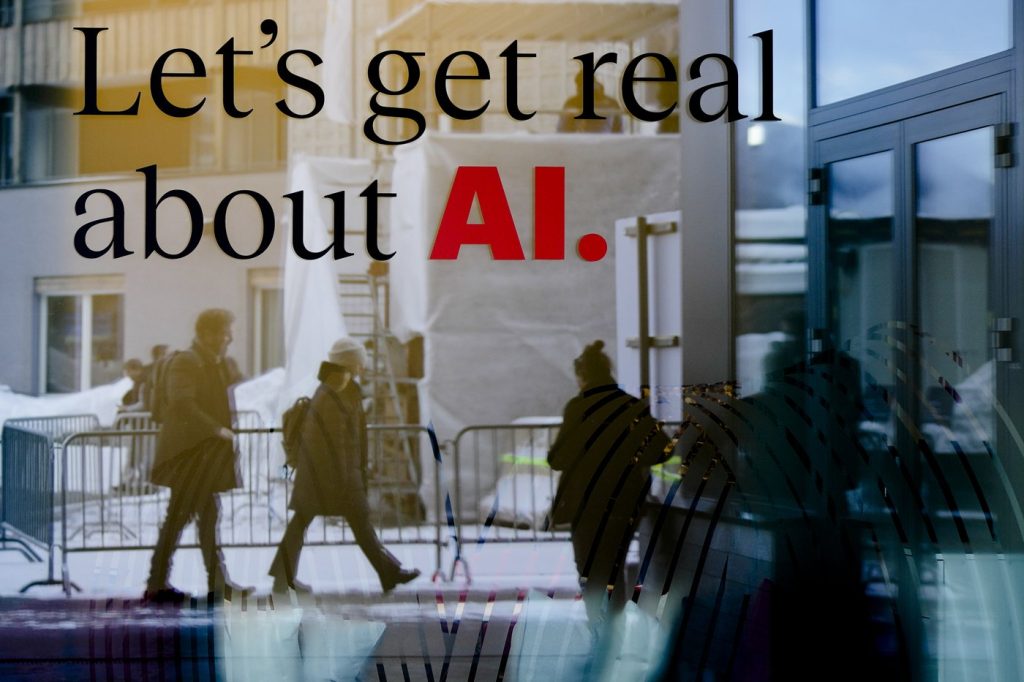The upcoming Paris AI Action Summit, co-hosted by French President Emmanuel Macron and Indian Prime Minister Narendra Modi, will convene world leaders, top executives, and experts to address the rapid advancements and challenges posed by artificial intelligence (AI). Scheduled to take place over two days starting February 10, the summit is significant as it aligns with ongoing global dialogues around AI governance amid an evolving technological landscape.
U.S. Vice President JD Vance will represent the United States at the summit, marking his first foreign trip since taking office. Notably, Chinese President Xi Jinping will send his special envoy, highlighting the high stakes for international cooperation in AI governance. This event brings together key figures, including European Commission President Ursula von der Leyen and numerous officials from 80 countries, along with prominent tech leaders like OpenAI CEO Sam Altman, Microsoft President Brad Smith, and Google CEO Sundar Pichai.
The summit aims to harness the potential of AI while addressing its risks. With generative AI making significant strides since the launch of ChatGPT over two years ago, there is a pressing need to create frameworks that ensure AI technology benefits all of humanity. Past events, such as the 2023 summit in the U.K., produced non-binding pledges to mitigate AI risks, while a follow-up summit in South Korea focused on establishing networks for AI safety research. This Paris summit intends to expand the conversation to a broader array of AI-related topics, despite the absence of binding regulations.
Macron has emphasized the need for rules to govern AI, asserting that it cannot operate as a “Wild West.” Organizers aim to obtain a joint political declaration that commits countries to developing ethical, democratic, and environmentally sustainable AI systems. However, the potential for U.S. participation in such agreements remains uncertain. Another ambitious goal for the summit is to secure a public-interest partnership for AI, with an aim to raise 2.5 billion euros ($2.6 billion) for public-private collaborations that would provide open-source access to valuable AI resources.
On the U.S. front, President Donald Trump is pursuing an aggressive strategy to position the nation as the "world capital of artificial intelligence" by easing regulatory barriers. This approach contrasts sharply with Europe’s regulatory environment, which has been particularly scrutinous of tech companies. Trump's administration has reversed previous executive orders aimed at establishing AI safety measures, creating potential friction at the summit.
China’s engagement at the summit underscores its desire to play a more prominent role in global AI governance, especially in the wake of the competitive landscape heightened by the launch of the DeepSeek chatbot. This AI tool has emerged as a strong competitor to Western platforms like ChatGPT, spurring concerns over technological supremacy between the U.S. and China. Trafalgar’s developments have prompted U.S. officials to express alarm over competitive disparities in AI and exacerbate national security concerns regarding data privacy and intellectual property rights.
The French government hopes that the summit will act as a catalyst for Europe to enhance its AI capabilities, aiming to challenge the predominance of U.S. and Chinese technologies. While grappling with these dynamics, the summit will also face challenges from the European Union’s ongoing regulatory efforts, which have drawn criticism from major tech firms. As the AI discourse expands to include implications on work, inclusivity, and environmental sustainability, achieving a consensus among diverse nations and interests poses a significant challenge.
Overall, the Paris AI Action Summit represents a pivotal moment in the global dialogue on AI regulation and collaboration, with the outcome potentially shaping the future governance and development of artificial intelligence technologies worldwide.










